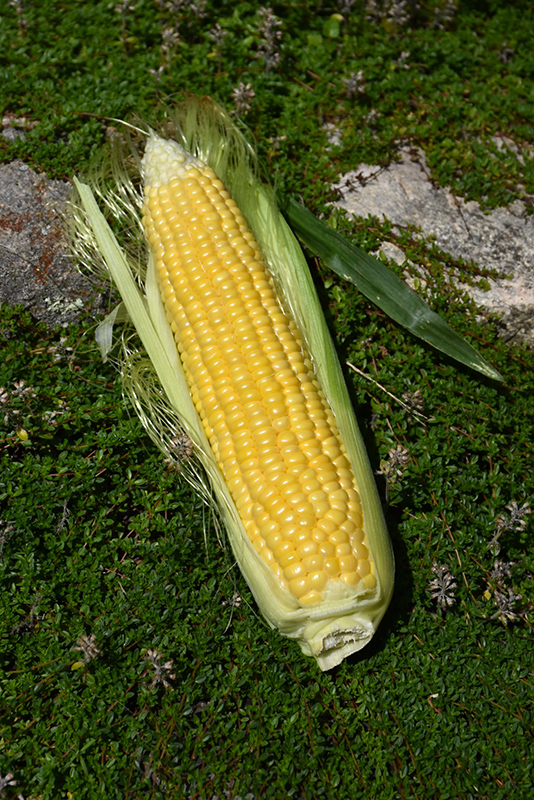Height: 6 feet
Spacing: 9 inches
Sunlight:
![]()
Hardiness Zone: (annual)
Description:
A lovely early maturing variety that produces 8" long ears of beautiful bi colored kernels; plant in gardens in rows of 4 or as natural screening; deliciously sweet flavor with tender kernels, great for salsas, salads or eating right off the cob
Edible Qualities
Sweetness Corn is an annual vegetable plant that is typically grown for its edible qualities, although it does have ornamental merits as well. It produces cobs of yellow long kernels with creamy white variegation which are harvested from mid summer to early fall. The kernels have a sweet taste and a juicy texture.
The kernels are most often used in the following ways:
- Eating When Cooked/Prepared
- Cooking
- Baking
- Canning
- Freezing
Planting & Growing
Sweetness Corn will grow to be about 6 feet tall at maturity, with a spread of 24 inches. When planted in rows, individual plants should be spaced approximately 9 inches apart. This fast-growing vegetable plant is an annual, which means that it will grow for one season in your garden and then die after producing a crop. Because of its relatively short time to maturity, it lends itself to a series of successive plantings each staggered by a week or two; this will prolong the effective harvest period. This is a self-pollinating variety, so it doesn't require a second plant nearby to set fruit.
This plant can be integrated into a landscape or flower garden by creative gardeners, but is usually grown in a designated vegetable garden. It should only be grown in full sunlight. It does best in average to evenly moist conditions, but will not tolerate standing water. It may require supplemental watering during periods of drought or extended heat. It is not particular as to soil pH, but grows best in rich soils. It is somewhat tolerant of urban pollution. This is a selected variety of a species not originally from North America.

